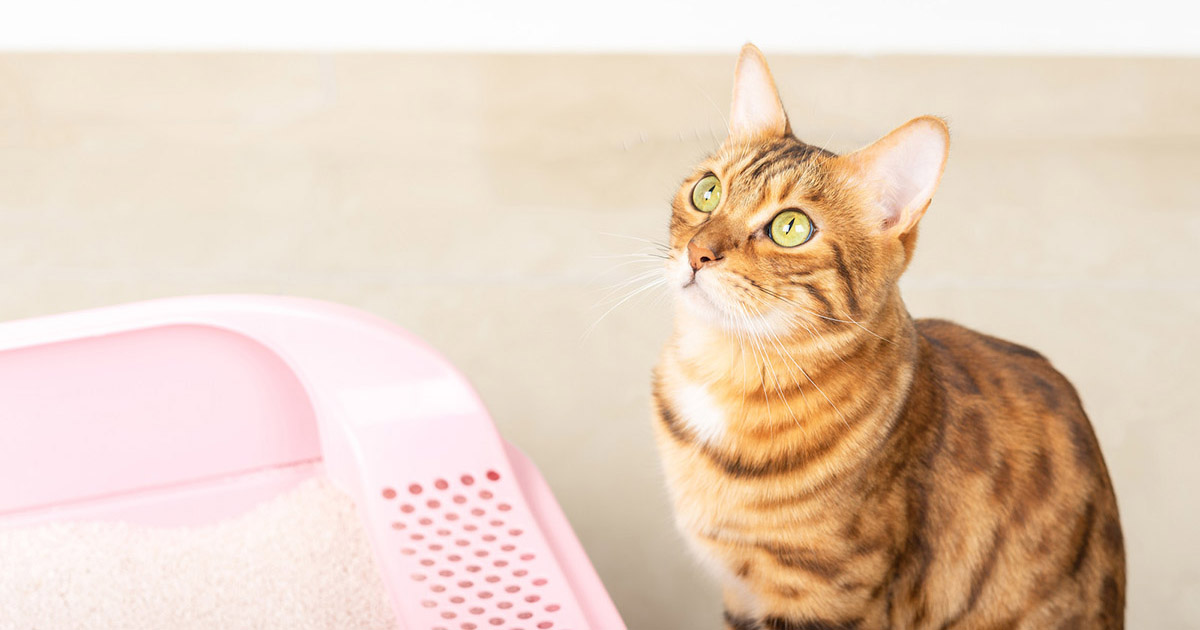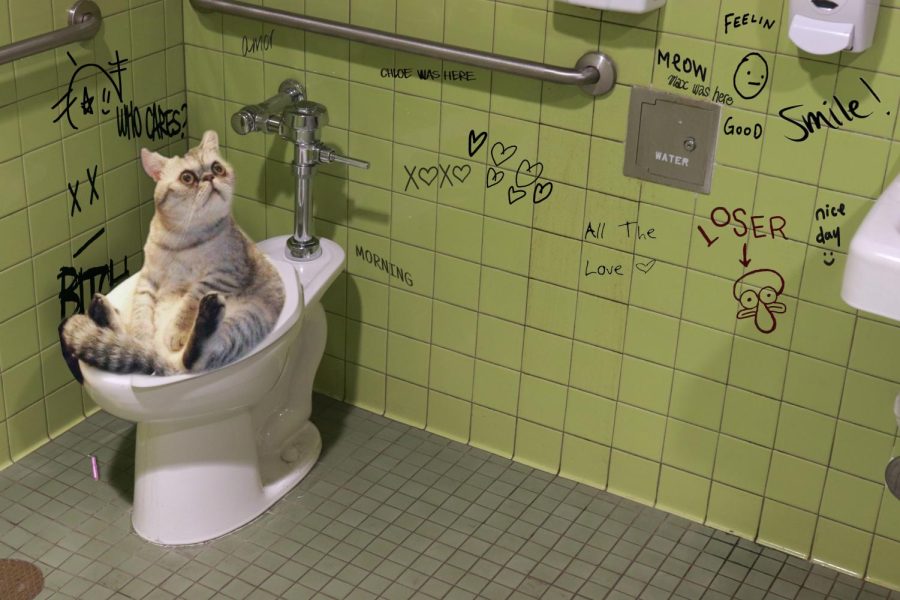Never Flush Cat Poop Down Your Toilet - Protect Your Plumbing System
Never Flush Cat Poop Down Your Toilet - Protect Your Plumbing System
Blog Article
This great article which follows about Can You Flush Cat Poo or Litter Down the Toilet? is extremely enjoyable. You should investigate for yourself.

Introduction
As feline proprietors, it's necessary to bear in mind how we take care of our feline good friends' waste. While it might appear convenient to purge pet cat poop down the commode, this practice can have damaging repercussions for both the setting and human wellness.
Alternatives to Flushing
Thankfully, there are more secure and a lot more accountable means to throw away feline poop. Think about the adhering to alternatives:
1. Scoop and Dispose in Trash
The most common technique of throwing away pet cat poop is to scoop it into a biodegradable bag and throw it in the garbage. Make certain to make use of a dedicated clutter inside story and throw away the waste without delay.
2. Use Biodegradable Litter
Go with naturally degradable feline trash made from products such as corn or wheat. These trashes are environmentally friendly and can be safely disposed of in the trash.
3. Bury in the Yard
If you have a yard, take into consideration burying feline waste in an assigned location far from veggie yards and water sources. Be sure to dig deep enough to prevent contamination of groundwater.
4. Install a Pet Waste Disposal System
Invest in a pet dog garbage disposal system particularly created for pet cat waste. These systems use enzymes to break down the waste, decreasing odor and ecological impact.
Wellness Risks
Along with ecological concerns, flushing pet cat waste can also posture wellness threats to human beings. Cat feces might consist of Toxoplasma gondii, a parasite that can trigger toxoplasmosis-- a potentially extreme illness, especially for pregnant females and individuals with weakened body immune systems.
Ecological Impact
Flushing feline poop presents dangerous pathogens and parasites into the water supply, posturing a substantial risk to marine ecological communities. These pollutants can negatively influence aquatic life and compromise water top quality.
Verdict
Responsible pet dog ownership expands past providing food and sanctuary-- it likewise includes appropriate waste management. By avoiding flushing cat poop down the toilet and selecting alternative disposal techniques, we can minimize our ecological impact and secure human health.
Why Can’t I Flush Cat Poop?
It Spreads a Parasite
Cats are frequently infected with a parasite called toxoplasma gondii. The parasite causes an infection called toxoplasmosis. It is usually harmless to cats. The parasite only uses cat poop as a host for its eggs. Otherwise, the cat’s immune system usually keeps the infection at low enough levels to maintain its own health. But it does not stop the develop of eggs. These eggs are tiny and surprisingly tough. They may survive for a year before they begin to grow. But that’s the problem.
Our wastewater system is not designed to deal with toxoplasmosis eggs. Instead, most eggs will flush from your toilet into sewers and wastewater management plants. After the sewage is treated for many other harmful things in it, it is typically released into local rivers, lakes, or oceans. Here, the toxoplasmosis eggs can find new hosts, including starfish, crabs, otters, and many other wildlife. For many, this is a significant risk to their health. Toxoplasmosis can also end up infecting water sources that are important for agriculture, which means our deer, pigs, and sheep can get infected too.
Is There Risk to Humans?
There can be a risk to human life from flushing cat poop down the toilet. If you do so, the parasites from your cat’s poop can end up in shellfish, game animals, or livestock. If this meat is then served raw or undercooked, the people who eat it can get sick.
In fact, according to the CDC, 40 million people in the United States are infected with toxoplasma gondii. They get it from exposure to infected seafood, or from some kind of cat poop contamination, like drinking from a stream that is contaminated or touching anything that has come into contact with cat poop. That includes just cleaning a cat litter box.
Most people who get infected with these parasites will not develop any symptoms. However, for pregnant women or for those with compromised immune systems, the parasite can cause severe health problems.
How to Handle Cat Poop
The best way to handle cat poop is actually to clean the box more often. The eggs that the parasite sheds will not become active until one to five days after the cat poops. That means that if you clean daily, you’re much less likely to come into direct contact with infectious eggs.
That said, always dispose of cat poop in the garbage and not down the toilet. Wash your hands before and after you clean the litter box, and bring the bag of poop right outside to your garbage bins.
https://trenchlesssolutionsusa.com/why-cant-i-flush-cat-poop/

Do you enjoy more info about Don’t flush cat feces down the toilet? Post feedback below. We will be glad to listen to your thoughts about this post. We hope that you come back again in the future. Are you aware of another individual who is sincerely interested in the subject? Do not hesitate to share it. Thanks a bunch for your time. Don't hesitate to visit our blog back soon.
This Page Report this page